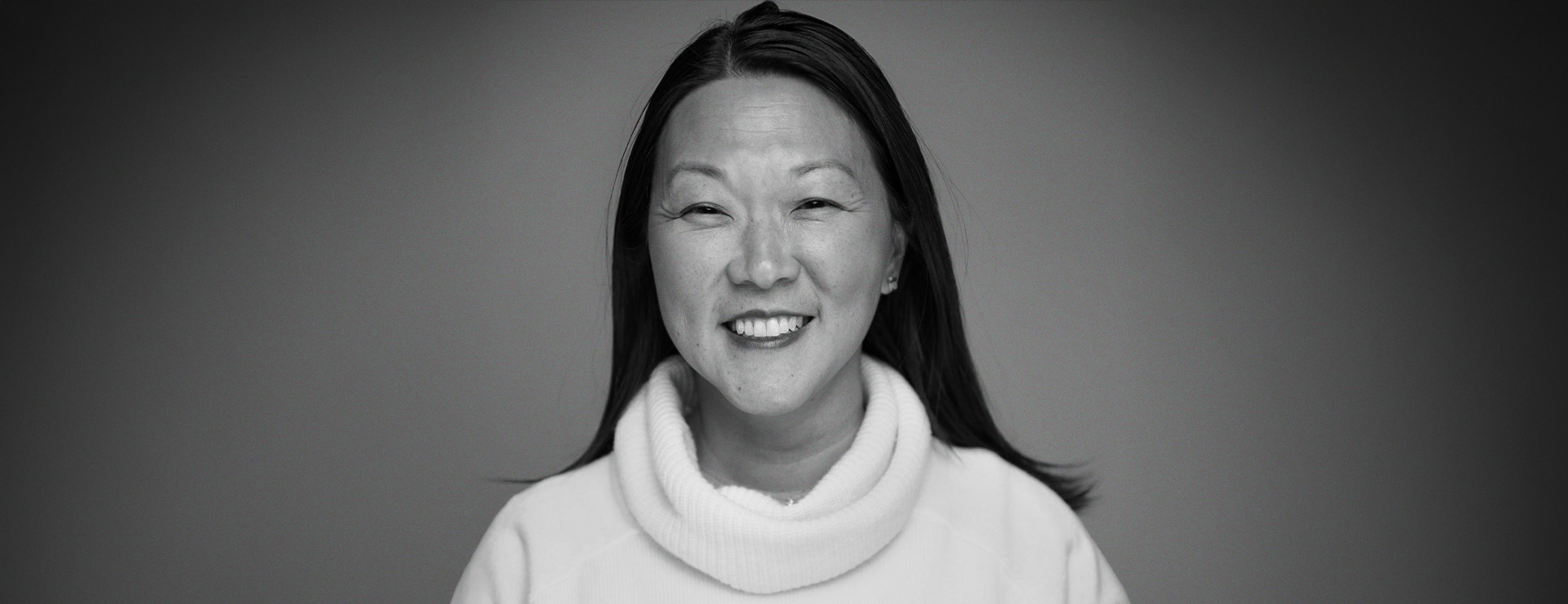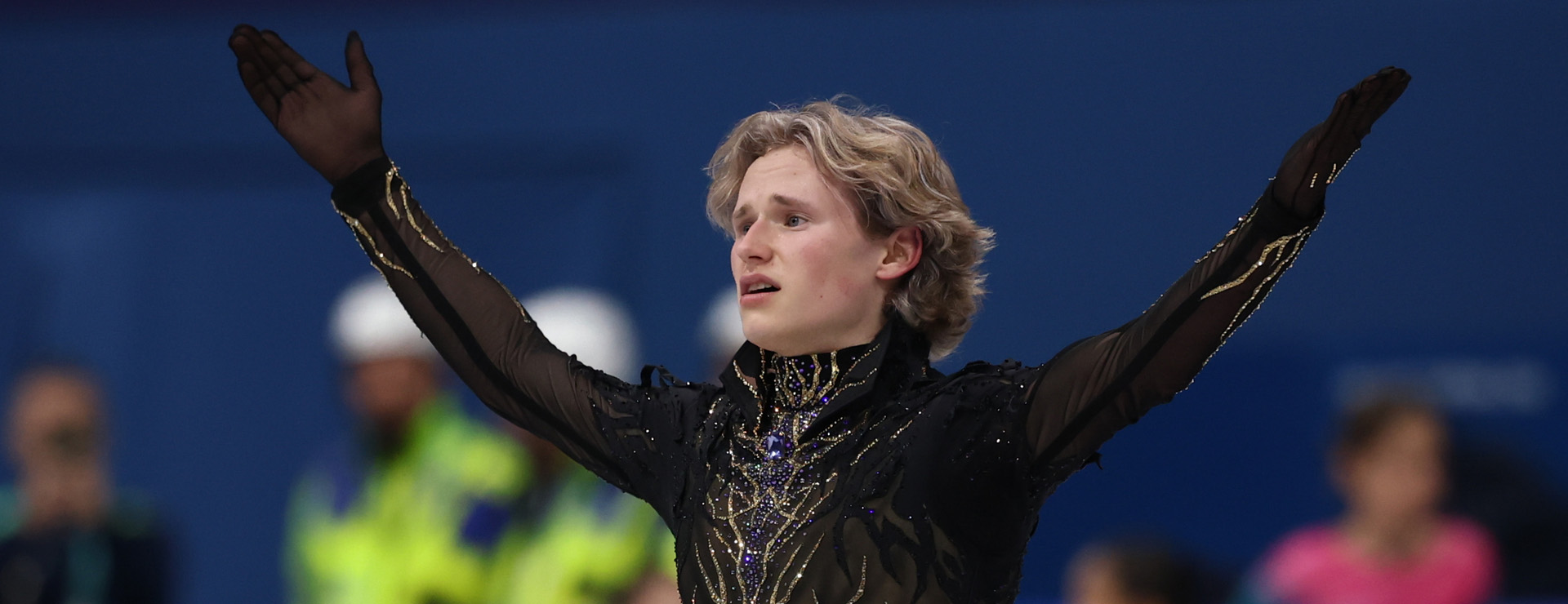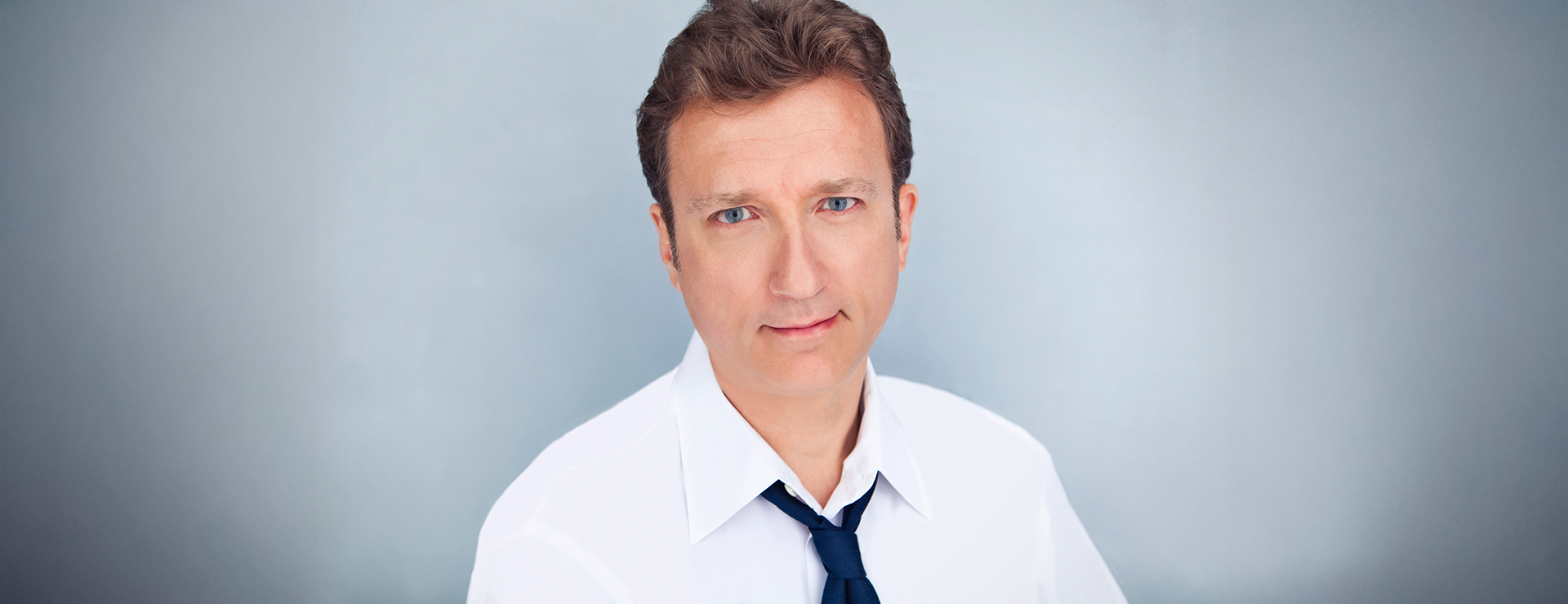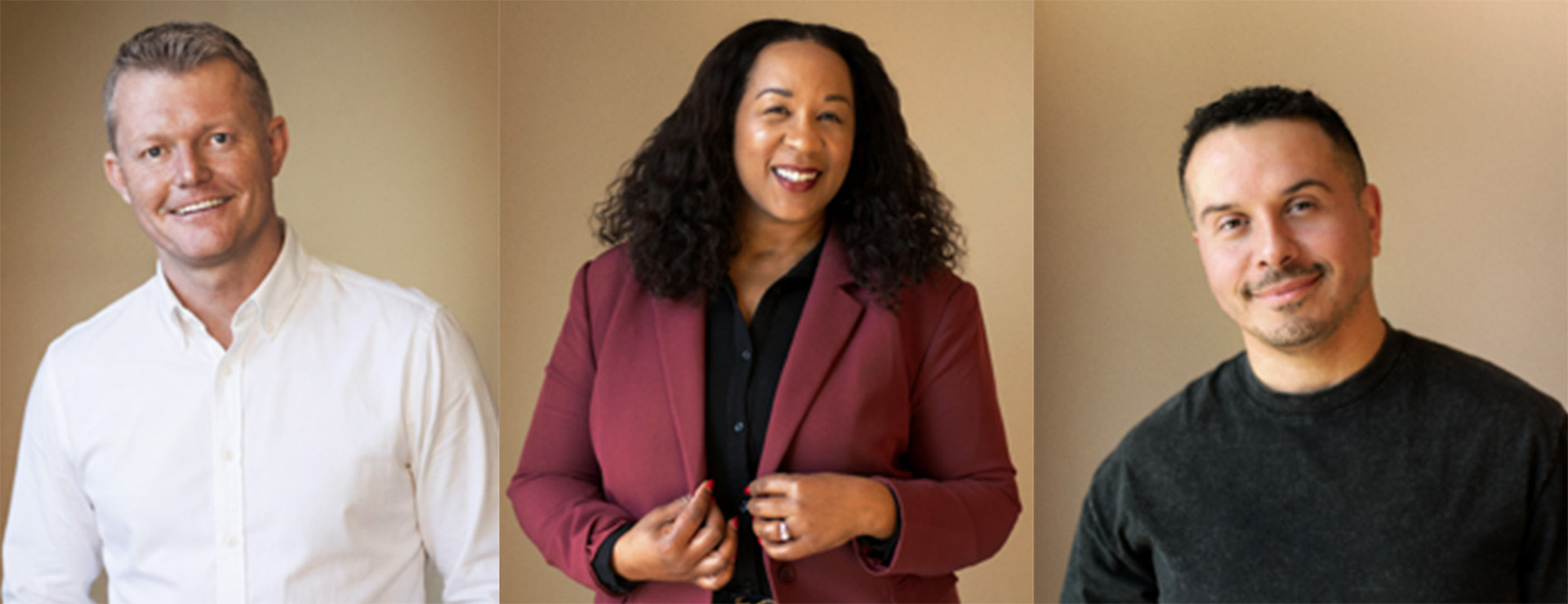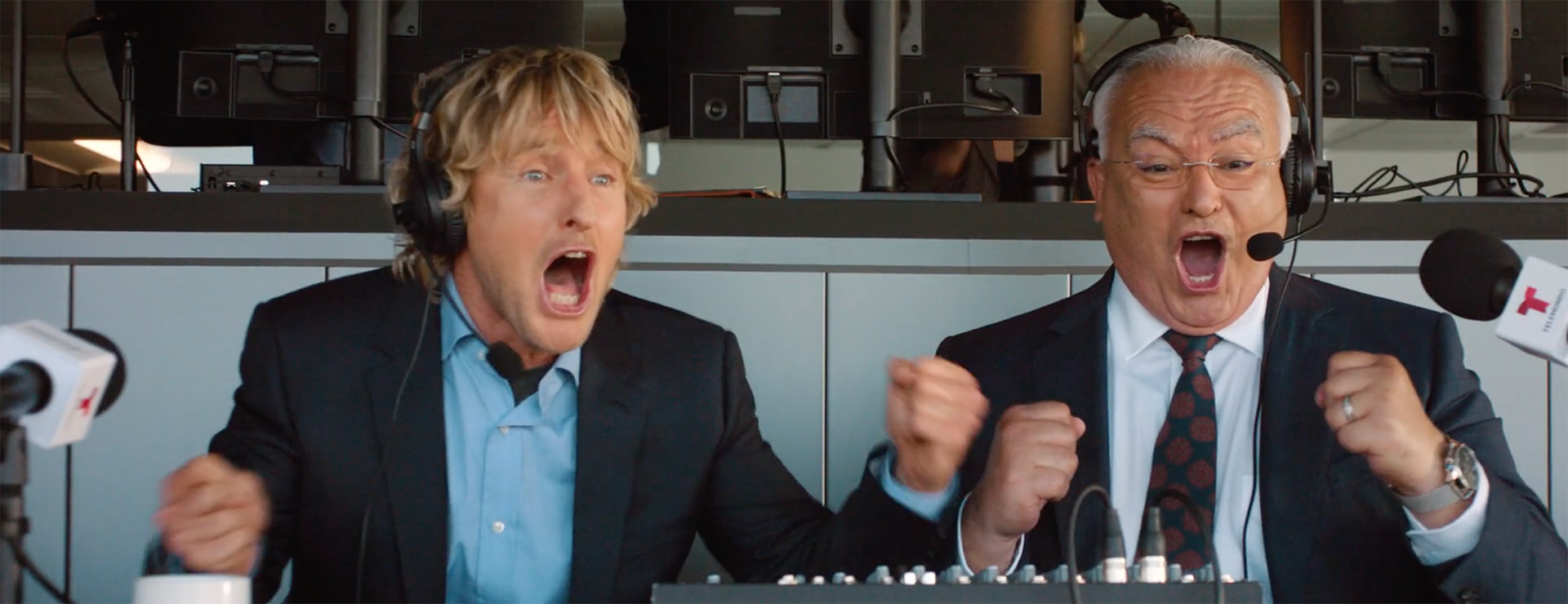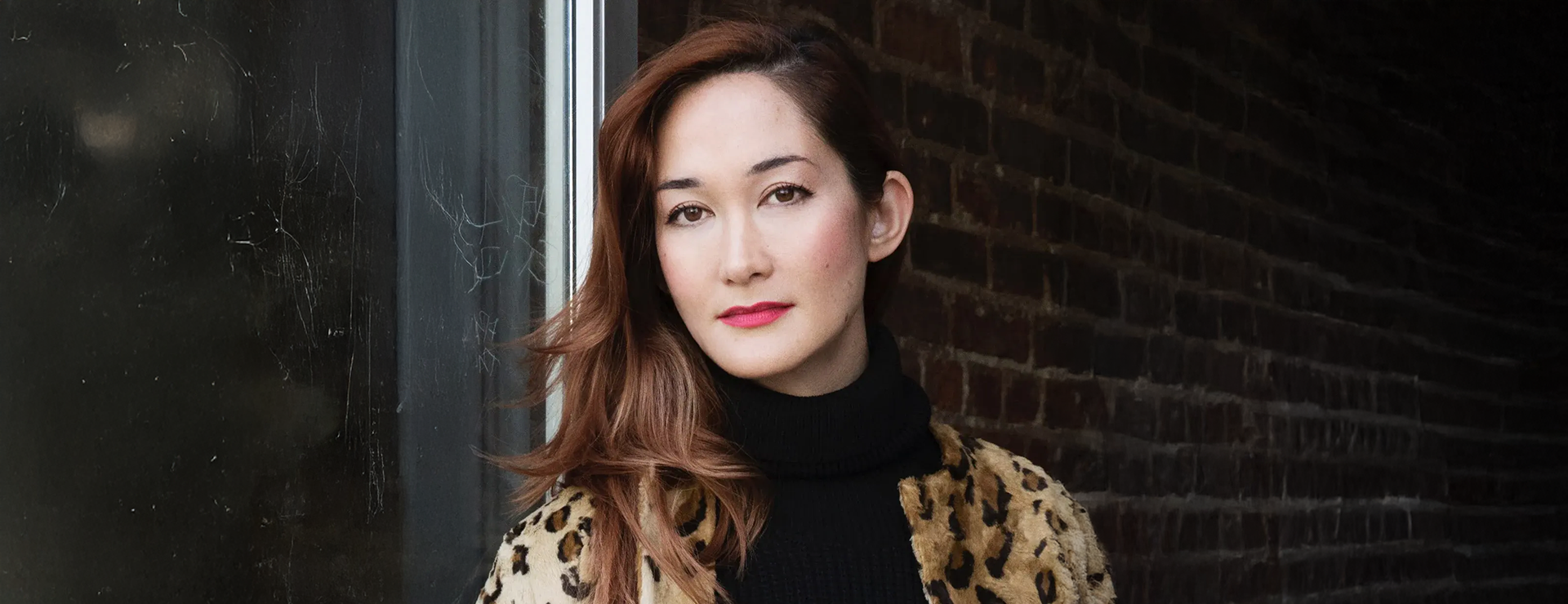The first major business and technology event of every year is the Consumer Electronics Show CES, which takes place in Las Vegas in early January. This year, Tony Kadillak, Versus’ EP of business strategy, took his maiden voyage to CES to see what he could learn about artificial intelligence (AI) and other innovative new technologies impacting the entertainment marketing space.
Spotlight caught up with Kadillak after the show to discuss how he thinks entertainment marketers will move forward with AI, what are some real-world applications of the technology, and other cool stuff he saw at the event.
Spotlight: This was your first time going to CES. How did you approach such a gigantic event?
Tony Kadillak, executive producer, business strategy, Versus: I went into it with an open mind. I was just trying to see a side of the business in which I’m not normally spending my time and energy. Most of my business conversations are focused on creative or creative strategy but there were very few creatives at CES. When people talked about creative, it was through the lens of media – media buying and media strategy.
So I was seeing a side of the business that I would not normally see. Where I have spent most of my time and energy in the past 15 years – delivering the creative product – now I was seeing the people who take that ball and run with it. They are the people who are responsible for putting this creative in front of audiences.
Spotlight: AI is obviously the technological buzzword of the moment. What did you hear in terms of how AI is going to be used in marketing applications in the near future?
Kadillak: The amount of places that AI can be applied is overwhelming and ‘overwhelming’ is probably the most often talked about thing in relation to AI: Where do we even start? There are a lot of places where it can be applied. I know people who have started to get into consulting to help people try to figure that out.
When you go to an event like CES, there’s very little time spent talking about real-world applications so generally no, I didn’t see or discuss a lot of real-world AI applications while I was there. I think a lot of it was CMOs, senior leaders, and C-suite leaders talking in general terms about how they predict and anticipate that implementing AI is going to affect their businesses.
A lot of time was spent discussing how they all believe that embracing AI will help them speak more authentically to the end consumer in a much more personalized way, using AI to version creative or to understand, through data, consumers’ preferences, habits and cultural conversations.
There was a woman who works in marketing at Paramount Plus talking about how they were able to version out creative to create many more versions of creative for end consumers. They were able to push out and test versions even though they didn’t deviate much from the key art or the heart and soul of the creative. They stayed on brand but they were able to reach consumers more effectively and get better brand lift as a result.
A lot of brands – and the CMOs of Mars Wrigley, Home Depot and the NHL were there – are talking about how they are anticipating using AI tools to reach audiences.
For example, one AI-driven campaign that Mars Wrigley did for Snickers had consumers submit stories about the dumb things people they knew did because they were hungry. The campaign used an authorized AI version of Premier League manager and coach José Mourinho, trained to look and sound just like him, to deliver personalized messages to people as a result. It was an AI test case in a very controlled environment.
Spotlight: What do you think the evolution of this technology might mean for creative agencies?
Kadillak: It’s a lot of wait and see. Does it affect me at the creative agency level? Of course it does but how it manifests remains to be determined. I haven’t yet seen many other campaigns working directly with a consumer brand or ad agency that’s scaled like the Mars Wrigley one I mentioned.
But of course this is affecting how we work, how we look at doing creative and how we can do creative in a more scaled way. Versus is embracing AI across the board from an R&D perspective, working to understand the utility of the technologies available to us.
I’m trying to take everything I witnessed, saw and learned and distill and convey all of it to everyone at my shop so that we can have more conversations internally about the application of AI. It can affect us in a lot of different ways.
The one other thing I heard pretty definitively from a lot of people at CES within the space of marketing and advertising is that they never want to lose the human aspect of creativity, and that it always needs to have a human curator. In that way, CES is an interesting place to start conversations.
Spotlight: What are your thoughts on setting up companies and brands to deal with AI ethically and legally?
Kadillak: We’ve been fielding a lot of legal and ethical conversations from clients, asking things like ‘from where is the output getting its inputs.’
But at the moment, I think we’re more at the point of brands demonstrating that they are in the conversation, experimenting with the tech in the name of efficiency and innovation. I personally didn’t see a ton of examples outside of the one or two we’ve discussed. They are talking in very general terms and that’s what that venue is for: to start the conversation. The real conversation happens after the conference.
Spotlight: Beyond AI – and even beyond advertising and marketing – what did you see at CES that you just thought was cool?
Kadillak: I did spend one morning walking the show floor – I had a tour – and I saw a lot of cool screen applications like digital out of home. A lot of brands are embracing holographic displays. I also finally got a chance to be in the Sphere. LG had some really fascinating transparent technology and Samsung had really cool stuff going on.
Spotlight: Did you feel like you got something out of attending?
Kadillak: I absolutely thought it was worth attending to not be in an echo chamber. The marketing and advertising space writ large is an echo chamber. My overarching goal is how do I get out of my own way – how do I meet new people and have new experiences and try to figure out how this affects how I do business on the daily.
The vast majority of this was understanding our end consumer and delivering something personal, meaningful and relatable to them at a highly individualized level. How does that translate to entertainment marketing? How we can pull it off is what everyone is eager to find out.


